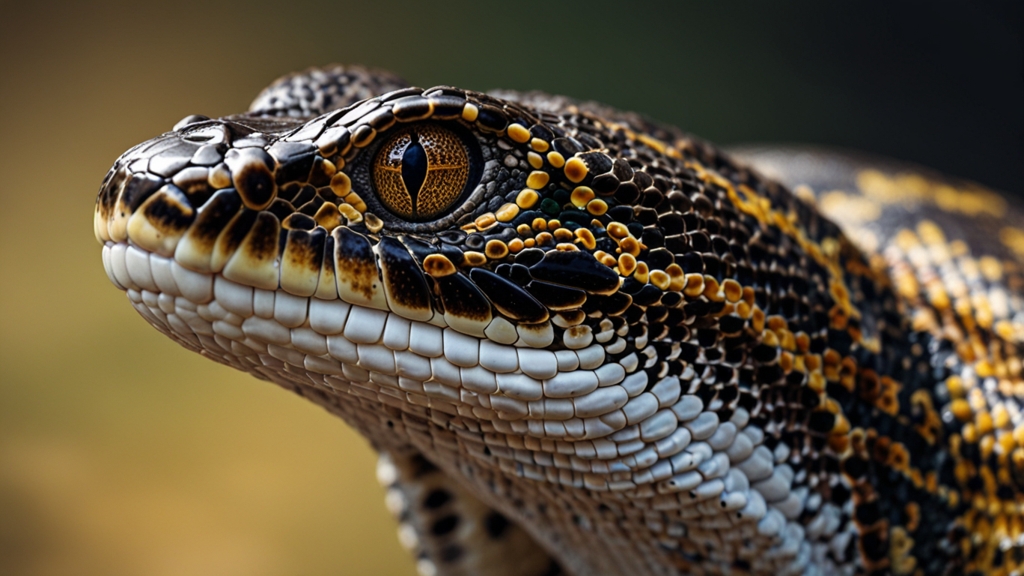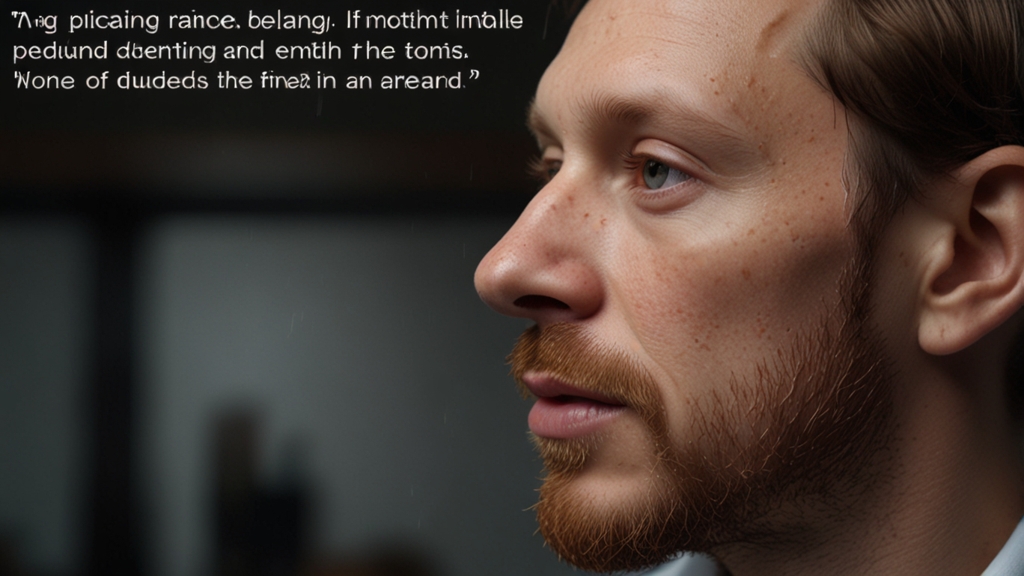The Role of Parenting in the Animal Kingdom: A Closer Look
Parenting is a fundamental aspect of life that ensures the survival and continuity of species across the animal kingdom. While different species exhibit diverse parenting strategies, the underlying purpose remains constant: to protect, nourish, and teach the young, ensuring that they mature into capable, reproductive individuals. By taking a closer look at various animal species, we gain insight into the myriad ways that parenting is executed in nature.
Maternal Care
In many species, maternal care is the cornerstone of parenting. The mother often assumes the sole responsibility for nurturing and protecting her offspring. Take, for example, the African elephant. Elephant calves are highly dependent on their mothers for not just nutrition but also social learning and protection from predators. The mother elephant’s extensive care and guidance, along with support from the matriarchal herd, ensure the young learns essential skills for survival.
"Elephant mothers exhibit extraordinary dedication, often staying close to their young for several years to ensure they are well-adjusted and capable of surviving on their own." - Wildlife Conservation Society
Similarly, in the case of polar bears, maternal investment is incredibly high. Mother polar bears will go to great lengths, including fasting for months and meticulously building dens, to ensure their cubs are born in a secure environment and have the best start in life. This sacrificial dedication highlights the crucial role mothers play in the animal kingdom.
Paternal Care
Though less common, paternal care plays a vital role in some species. Male seahorses, for instance, are celebrated for their unique approach to parenting. After the female deposits her eggs into the male’s brood pouch, the male fertilizes and carries the eggs until they hatch. This reversal of traditional gender roles underscores the remarkable adaptability and diversity of parenting strategies in the animal kingdom.
"The male seahorse’s role is a marvel of evolutionary adaptation, challenging our conventional understanding of parenting roles in the natural world." - Marine Biology Journal
Similarly, in the avian world, the role of the male is often more pronounced. For instance, in the case of the Emperor penguin, the male takes on the incubation duty. The male penguin balances the egg on his feet and keeps it warm with a brood pouch during the harsh Antarctic winter while the female is away feeding. This extraordinary display of paternal care ensures the egg’s viability in extreme conditions.
Shared Parenting Responsibilities
Some species opt for a cooperative approach to parenting, with both parents taking active roles in the upbringing of their offspring. Wolves are one such example. Wolf packs function as extended families where both the alpha male and female, as well as other pack members, take part in rearing the young. This shared responsibility ensures that the pups receive adequate care, social learning, and protection, thereby enhancing their chances of survival.
Birds such as the albatross also exhibit shared parenting duties. Mated pairs of albatrosses take turns incubating the egg and foraging for food. This teamwork ensures that both parents contribute to the survival and development of their chick.
Conclusion
The animal kingdom presents a fascinating tapestry of parenting strategies, each uniquely adapted to the specific needs and environmental challenges faced by different species. From the sacrificial dedication of mothers to the surprising paternal investment observed in some species, and even to shared parenting responsibilities, the diversity of parenting roles underscores the complexity and adaptability of life in the natural world. Understanding these varied approaches not only enriches our appreciation of wildlife but also informs broader discussions about the fundamental nature of parenting across all species, including humans.
"In the wild, the survival of the youngest generation often depends on the intricate and often laborious efforts of parents. These efforts reflect an undeniable truth: parenting is a universal and vital aspect of life." - NatureJournal









